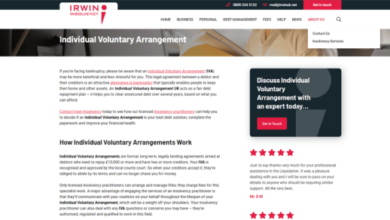
Rehabilitation after surgery is a crucial part of the healing process that helps patients regain their strength and function. In this discussion, we’ll explore 15 pros and 15 cons of rehabilitation after surgery, offering insights into the benefits and challenges associated with achieving a speedy recovery.
Pros of Rehabilitation after Surgery:
- Faster Recovery: Rehabilitation accelerates the recovery process, enabling patients to return to normal activities sooner.
- Restored Function: It helps restore physical function and mobility.
- Pain Management: Rehabilitation offers effective strategies for managing and reducing post-operative pain.
- Preventative Care: Reduces the risk of post-surgery complications due to immobility.
- Psychological Support: Rehabilitation provides emotional and psychological support during the recovery period.
- Customized Care: Rehabilitation plans are tailored to individual needs, ensuring optimal progress.
- Independence: Many patients can regain their independence with the help of rehabilitation.
- Reduced Hospital Stay: Successful rehabilitation may lead to a shorter hospital stay.
- Improved Quality of Life: Rehabilitation often results in an improved overall quality of life.
- Educational Support: It educates patients about their condition and how to manage it.
- Mental Well-being: Rehabilitation contributes to better emotional and mental health.
- Enhanced Confidence: Successful rehabilitation boosts patients’ self-esteem and confidence.
- Social Interaction: Group therapy or support programs encourage social interaction and emotional well-being.
- Cultural Sensitivity: Rehabilitation programs strive to be culturally sensitive and inclusive.
- Cost-Efficiency: Rehabilitation can reduce long-term healthcare costs by facilitating quicker recovery.
Cons of Rehabilitation after Surgery:
- Challenging Process: Rehabilitation can be physically and emotionally demanding for patients.
- Time-Consuming: Rehabilitation programs can be lengthy, affecting daily routines and schedules.
- Financial Costs: Medical bills, therapy expenses, and potential loss of income can be substantial.
- Physical Discomfort: Rehabilitation often involves physical discomfort and pain.
- Psychological Strain: Coping with surgery and the recovery process can be emotionally taxing.
- Risk of Relapse: Even after successful rehabilitation, there is always a risk of post-surgery complications.
- Limited Access: Not all patients have access to high-quality rehabilitation services.
- Discomfort and Fatigue: Physical therapy exercises can lead to muscle soreness and fatigue.
- Dependency on Caregivers: Some patients may become dependent on caregivers or support systems.
- Frustration: Slow progress or setbacks can be frustrating for patients and healthcare providers.
- Invasive Procedures: Some forms of rehabilitation may involve invasive medical procedures.
- Privacy Concerns: Rehabilitation may pose privacy concerns for some patients.
- Lack of Long-Term Care: Some patients may require ongoing support beyond rehabilitation.
- Relapse Risk: Even after successful rehabilitation, there is a risk of relapse.
- Emotional Strain on Family: Family members may experience emotional strain in supporting the rehabilitation process.
Rehabilitation after surgery is a vital step in the recovery journey, helping patients regain their health and well-being. The decision to pursue rehabilitation should consider the individual’s specific needs and circumstances, recognizing the potential benefits and challenges associated with the process. With the right support and determination, patients can achieve a speedy recovery and return to their normal lives as quickly as possible.




